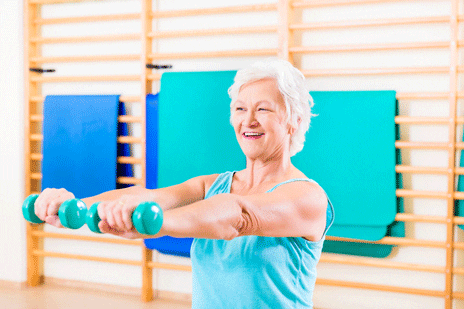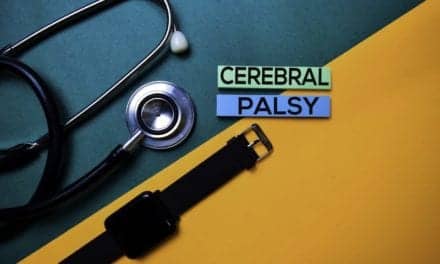A recent study suggests that some types of physical activity have a greater impact on body composition in postmenopausal women compared to their premenopausal counterparts.
The study, from the University of Massachusetts and presented recently at the 2015 annual meeting of The North American Menopause Society (NAMS), also suggests that although postmenopausal women tend to have a significantly higher body mass index, waist circumference, and percentage of body fat, postmenopausal women may have more control over their body composition than premenopausal women.
This may be because post-menopausal women’s body composition is more impacted by light physical activity and by sedentary behavior, according to a media release from NAMS.
Study participants included 630 premenopausal and 274 postmenopausal women. They all used ActiGraph accelerometers to estimate the amount of time spent in various forms of physical activity and sedentary periods. Per the results, postmenopausal women, on average, exhibited less total movement and more sedentary time than premenopausal women. Also, higher total movement and physical activity, along with lower sedentary behavior, were associated with a lower BMI, waist circumference, and percentage of body fat, the release explains.
However, the study notes, per the release, this association was not to the same extent in both groups.
“Across the board, for each measure of body composition, we found that light physical activity had a greater impact in postmenopausal compared with premenopausal women,” says Lisa Troy, PhD, the study’s lead author, in the release.
“We additionally found that sedentary behavior was more strongly associated with waist circumference in postmenopausal women. This is an important public health message because, as women go through menopause, physiological changes may decrease a woman’s motivation to exercise. What we’ve found in our study suggests that doing even a little bit of exercise may make a big difference in body composition,” continues Troy, an assistant professor, The Commonwealth Honors College Professor in Nutrition, at University of Massachusetts.
[Source(s): The North American Menopause Society, EurekAlert]





